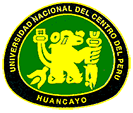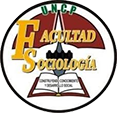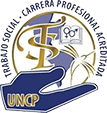Scrum-based web application for efficient tutoring at a public university
DOI:
https://doi.org/10.26490/uncp.sl.2022.6.2.1476Keywords:
Web application, tutoring, tutorial work, SCRUMAbstract
The efficiency of tutoring in a university program was studied, for which the time it takes to deliver the Tutoring Plan and Guide in 2021-I was evaluated and compared with 2021-II, after implementing the web application in Scrum, improving delivery times, prioritizing the tutor's work. Control groups were used, randomized and evaluated at the end of each period. The method is the documentary bibliographic method. As a result of the web application, the delivery of documents went from 10 to 5 days on average. Also, information is available for decision making.
References
Adrián, S. (2011). Una experiencia práctica de Scrum a través del aprendizaje basado en proyectos mediado por TIC en un equipo distribuido. Trabajo de fin de Master, Universidad de Salamanca, Facultad de Educación, Salamanca.
Aleven, V., McLaren, B., Sewall, J., Van Velsen, M., Popescu, O., Demi, S., Koedinger, K. (2016). Example-Tracing Tutors: Intelligent Tutor Development for Non-programmers. International Journal of Artificial Intelligence in Education, 26, 224-269. https://doi.org/10.1007/s40593-015-0088-2
Amaya, Y. (2015). Guía metodológica ágil para el desarrollo de aplicaciones móviles “AEGIS-MD”. Revista de Investigaciones UNAD, 14(1). https://doi.org/10.22490/25391887.1348
Benites, R. (2020). El papel de la tutoría académica para elevar el rendimiento académico de los estudiantes universitarios. Revista Conrado, 16(77), 315-321.
Castro, V., Herrera, R., y Villalobos, M. (2020). Desarrollo de un software web para la generación de planes de gestión de riesgos de software. Información Tecnológica, 31(3), 135-148. https://doi.org/http://dx.doi.org/10.4067/S0718-07642020000300135
Delfín, O., y Melo, A. (2017). Eficiencia del transporte público en la ciudad de Morelia, Michoacán (México) en el año 2015: Un análisis de la envolvente de datos. Revista Facultad de Ciencias Económicas. Investigación y reflexión, XXV(2), 7-23. https://doi.org/10.18359/rfce.3066
Difabio, H. (2011). Las funciones del tutor de la tesis doctoral en Educación. Revista Mexicana de Investigación Educativa, 16(50), 935-959.
Doherty, D., Mc Keague, H., Harney, S., Browne, G., y McGrath, D. (2018). What can we learn from problem-based learning tutors at a graduate entry medical school? A mixed method approach. BMC Medical Education, 18. https://doi.org/10.1186/s12909-018-1214-2
Moreno, Y. (2017). Rol del Tutor en el Contexto del Aprendizaje Virtual. Revista Scientific, 2(6), 270-285. https://doi.org/10.29394/scientific.issn.2542-2987.2017.2.6.14.270-285
Hernández, R., Fernández, C., y Baptista, M. (2014). Metodología de la Investigación (Sexta ed.). México DF: McGraw-Hill.
Łubianka, B., y Sękowski, A. (2015). Psychological perspectives on gifted education – selected problems. Polish Psychological Bulletin, 46(4), 624-632. https://doi.org/10.1515 / ppb-2015-0069
Molina, J., Zea, M., Contento, M., y García, F. (2017). Metodologías de desarrollo en aplicaciones web. 3C Tecnología: glosas de innovación aplicadas a la pyme, 6(3), 54-71. https://doi.org/10.17993/3ctecno.2016.v6n3e23.54-71
Palacio, M. (2020). Scrum Master. Iubaris Info 4 Media S. Obtenido de https://scrummanager.com/website/
Downloads
Published
Issue
Section
License
Copyright (c) 2022 Miguel Fernando Inga Avila, Jaime Suasnabar Terrel, Arturo Flores Solís, Roberto Lider Churampi Cangalaya

This work is licensed under a Creative Commons Attribution 4.0 International License.

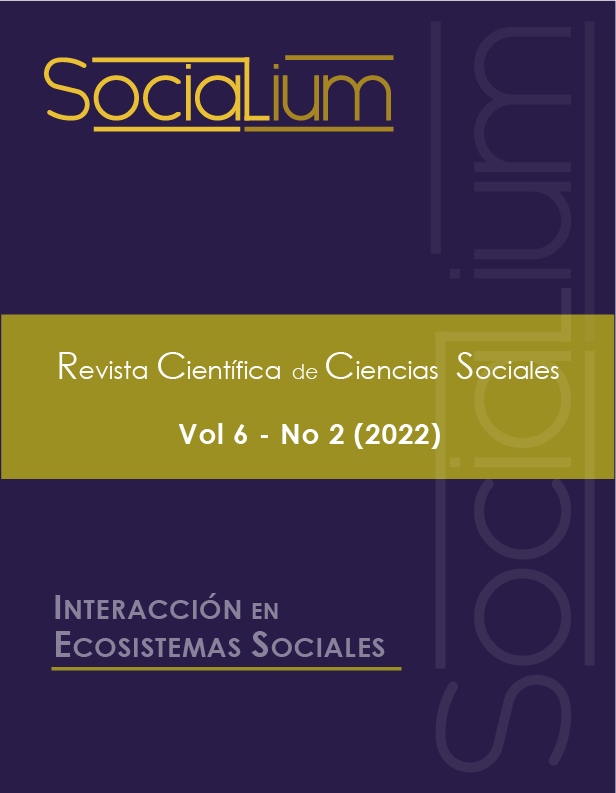

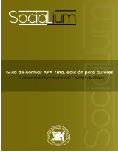




.jpg)










